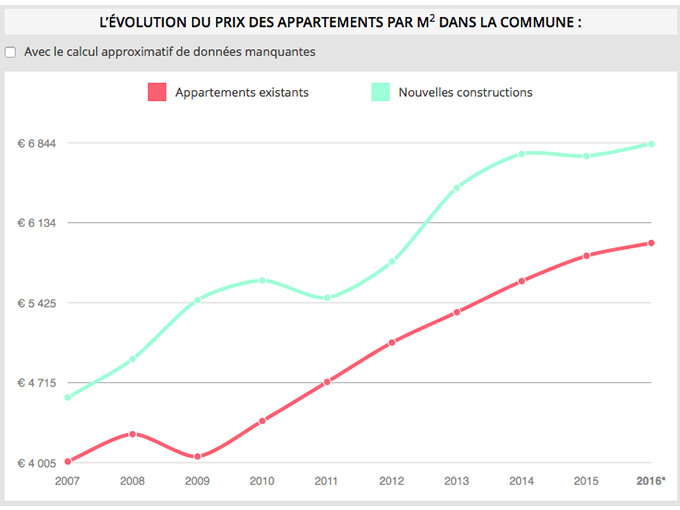
What are the prospects for the property market in Luxembourg?
9 febbraio 2016
Strong trends are emerging in the property sector in Luxembourg. Analysts advise market players to take these prospects into consideration when planning for the coming years.
More rapid development than predicted
Throughout the last ten years, the Luxembourg property market has experienced quicker development than that of several other European countries. Recently, PwC Luxembourg undertook a study to ascertain the likely evolution of the property sector over the next five years.
The following six predictions emerged from their analysis:
Conclusions of the Housing Observatory
According to the latest statistics published by the Housing Observatory, an increase in property prices has been observed in Luxembourg, particularly during the last year. In 2015, rental of an 89m2 apartment cost 1,618 euros per month, and a medium-sized house cost 3,651 euros; these prices have now increased by 7%. Becoming the owner or tenant of an apartment in the Grand Duchy is now more difficult, especially for those on a small budget. With the average price of houses for sale 7.7% higher, one can expect to spend around 719,500 euros (or 3,884 euros per square metre) for a residence of 185 m2. In Luxembourg City, while the average price for a house has fallen by 1.4%, the price of an apartment has risen by 7.2%.
Measures to be taken
A makeover of the urban landscape, particularly in the city centre, will provide new opportunities for potential investors, as will development of decentralised areas such as Bertrange, Strassen, the Cloche d’Or and the periphery (Capellen, Leudelange, Windhof). Flagship projects will be welcome in a market looking to maintain its momentum. Luxembourg’s economic stability constitutes one of the fundamental pillars of the property sector, making this an attractive element to preserve in the future.
In conclusion, the property sector in Luxembourg continues to be strongly influenced by the demographic and geographic situation of this small country. Throughout the four years to come, it is likely that major new players will join the market, particularly in retail.
[i]Note: PwC Luxembourg is considered to be the leading professional services firm in Luxembourg. It employs 2,450 people from 55 different countries.